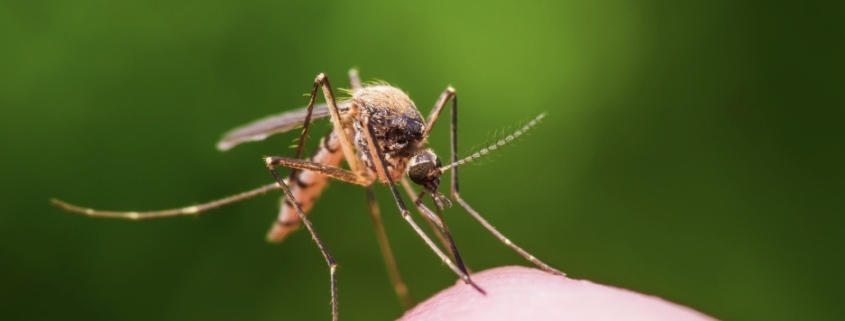How Climate Change Affects Your Health
There’s more to climate change than meets the eye. When most people hear the term “climate action” they think of planting trees, turning off the lights, driving clean cars, and buying less plastic. There’s good reason for these associations, all of these activities help to reduce our reliance on fossil fuels, or address greenhouse gas emissions, and this is the heart of climate action. People think about these activities in terms of environmental and economic benefits – we can preserve natural resources and build a more sustainable economy for future generations. Health doesn’t always enter the conversation, but it should.
Spread of Infectious Disease
As weather patterns and temperature norms shift over time, so will the spread of infectious disease. Many infectious diseases are carried by vectors, like mosquitoes and ticks, and these organisms will see a change in their home ranges over time as the climate changes. We could see diseases that were once considered tropical or subtropical become commonplace here in Fairfax County.
Heat Waves For Days
In the DC-metro region, we’re used to some hot summer days. But what if those stretches of extremely hot weather worsened and lasted for longer periods of time? What if a trend toward hotter weather overall started to impact our health? It’s possible. We already know that climate change is expected to cause a steady increase in the number of days with high minimum temperatures (nighttime temperatures that remain above 75 degrees) in our region. Sustained heat events can be dangerous to those who work outdoors, children who spend time outdoors, the elderly, pregnant women, low-income individuals without access to relief, and those with weakened immune systems.
Pollution and Respiratory Illness
Finally, it’s important to know that many of the same chemical compounds that change our climate over time are also common air pollutants, which make it harder to breathe and can exacerbate respiratory illnesses, like asthma. By working to reduce our greenhouse gas emissions, personally and as a community, we can have a direct impact on air quality in our region.
This is why Fairfax County is developing the first-ever Community-wide Energy and Climate Action Plan, or CECAP. The CECAP is unique in that it is being developed by the community, for the community, with input from dozens of organizational, business, and civic leaders, as well as individual residents. The CECAP will outline greenhouse gas reduction goals for the community and will include recommended strategies and actions community members can take on a voluntary basis to help achieve the goals. County residents interested in helping to implement the plan can email cecapoutrach@fairfaxcounty.gov for more information.




